To Tell or Not to Tell: That is the Question

Warning: This piece contains details of sexual abuse.
There are many reasons why survivors do not disclose they have been sexually abused:
- Many survivors have been groomed not to tell anyone and told by the abuser that no one would believe them.
- Some survivors may feel protective of the abuser and do not want their parent, relative, teacher, etc. to get into trouble.
- Some survivors created Traumatic Bonding with the abuser, and they interpreted the abuse as a form of love.
- Many survivors are groomed not to be aware that they have experienced abuse due to normalization of the situation.
- Some survivors are confused by the arousal and physical pleasure of being touched, which makes it difficult to speak up.
- Many male survivors feel embarrassed and ashamed for not stopping the abuse and feel guilt that they allowed it to happen.
- Many female survivors feel the pressure of society to keep them silent as well and carry the guilt of believing they deserve it.
- Some survivors feel it was their responsibility to the abuser for the gifts the abuser gave to them.
- Some survivors refuse to disclose out of fear to protect other family members or the family pet from being abused or hurt by the predator.
- Societal norms silence many survivors with fear of how society would judge them.
Explanations of why survivors do not report are as unique and different as the survivor themselves. With all the reports and research done on why survivors do not disclose, there is still the question:
Did the survivor ever want to tell someone about the abuse?
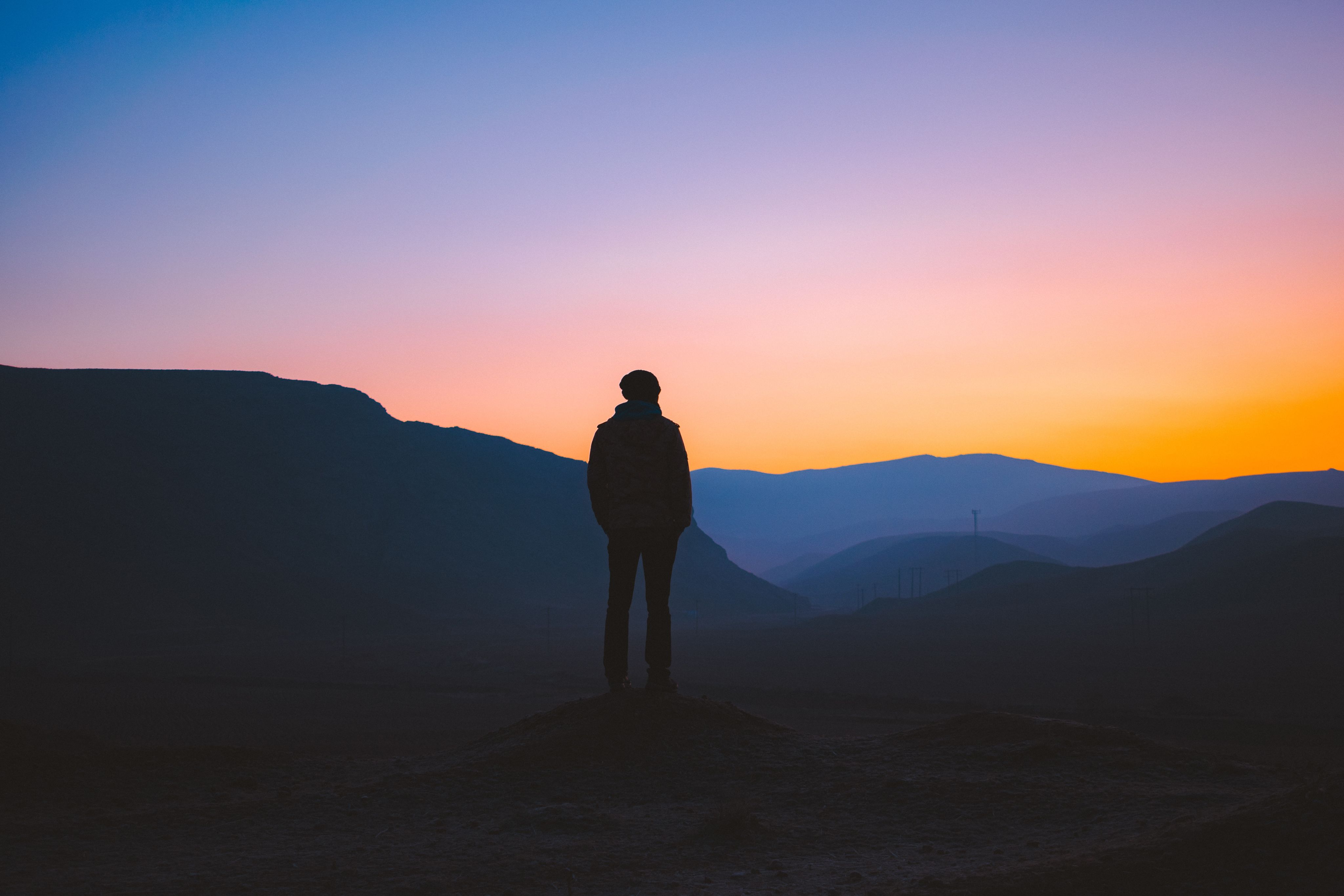
Darkness to Light reports that the public still is not fully aware of the magnitude of child sexual abuse because only about 38% of victims disclose, and some never report. RAINN reports that at least 93% of survivors know their abuser. The Children’s Assessment center reports, “The real prevalence of child sexual abuse is not known because so many victims do not disclose or report their abuse. Researchers have suggested rates varying from 1% to 35%. Most professionals in the field of abuse use rates from 8% to 20%.”
This question got me thinking if I was the only one that wanted to tell someone or have someone ask me what was wrong before I allowed the external factors to influence me to remain silent. So, I asked several professionals to share their viewpoints.
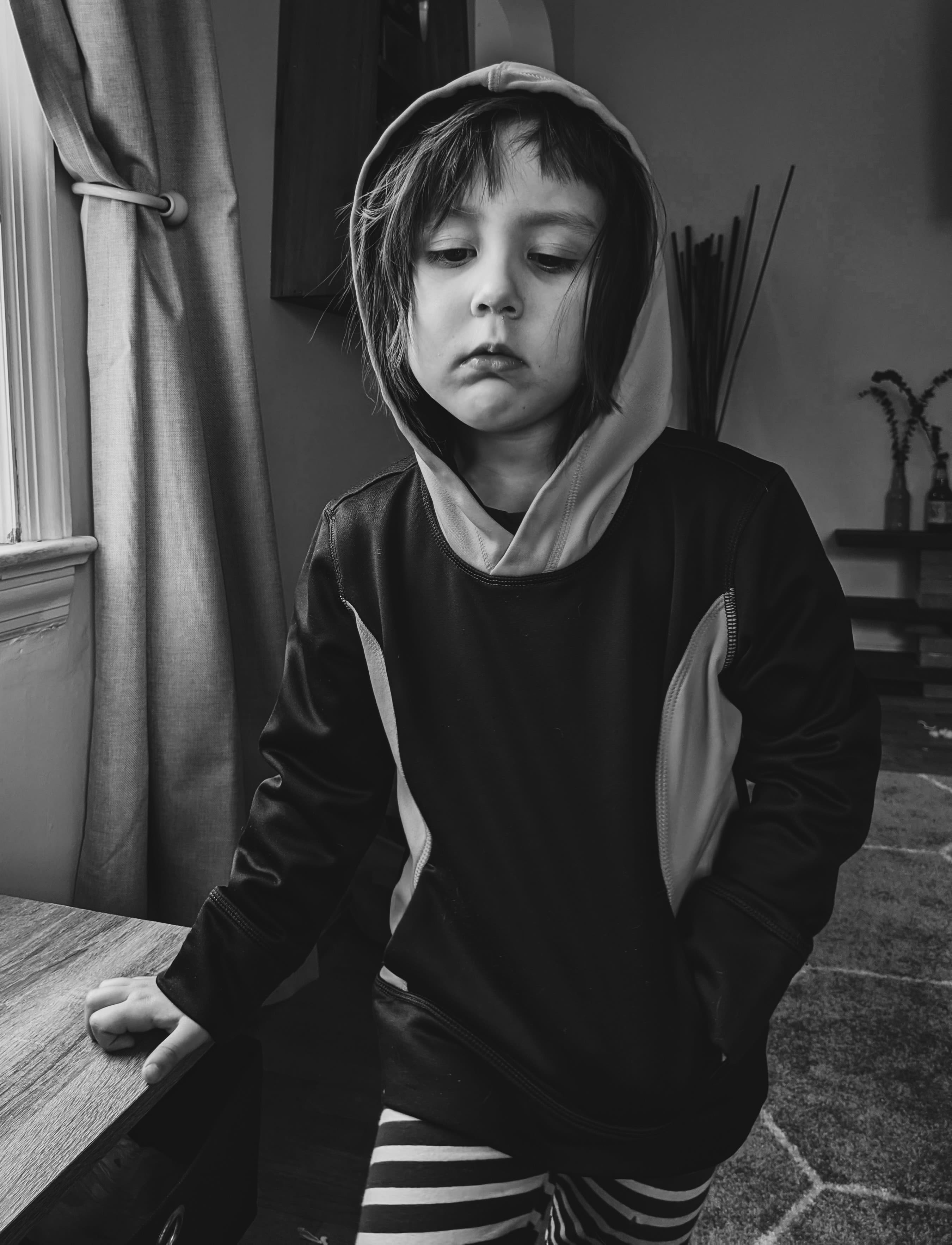
Photo by Gray Matter on Unsplash
Photo by Gray Matter on Unsplash
1. What causes a child/teen survivor not to tell anyone about their sexual abuse?
Ena Lucia Mariaca Pacheco, Child Abuse and Exploitation Researcher and Specialist, shared, "Some survivors of child sexual abuse or exploitation may feel a strong need to tell someone about their abuse. Sharing their story can be a way to seek support, validation, and assistance in dealing with the emotional and psychological impacts of the abuse. By speaking out, survivors may gain a sense of understanding of their complex trauma. By sharing their experiences, survivors may also hope to prevent similar incidents from happening to others or hold their abusers accountable. In my research project, ‘The Needs and Stories of Male Survivors,’ all 40 male survivors attempted to disclose as children through their words, body language, or actions. 'As a child, I would act out; I just wanted someone to notice something was wrong and just ask me. Then maybe I would have had the courage to finally say something.' – Survivor of Child Sexual Abuse from the study.
Survivors should not feel any pressure to share their stories with anyone. However, my research and others show that finding just one or two trusted and safe individuals can support the beginning of the healing process.
Statistics on disclosure rates among children or adult survivors vary depending on the specific study and sample population; therefore, it is essential to approach these statistics with caution, as not all cases of abuse are reported, documented, or believed. Many incidents of child abuse go unreported."
Dr. Kelli Palfy, Registered Psychologist and author of Men Too: Unspoken Truths About Male Sexual Abuse and The Creating Personal Safety Series for Children, stated, "This was literally the topic of my research. I wrote an entire book on this. The primary reason is fear. Whether it is fear of the perpetrator, fear of not being believed, fear of being accused of lying, or fears for their safety, a major reason is FEAR."
Licensed Marriage and Family Therapist, and Psychotherapist, Merle Yost provided, "The short answer is shame. First, children absorb the shame that their perpetrator feels. Children are sponges who absorb the feelings and energy all around them. It is how they learn how the world works. Plus, when something happens to a child, they don't understand because of how their brain and personality develop. They are naturally narcissistic until they form a solid sense of self; they blame themselves rather than the perpetrator. If something terrible happens to them, they blame themselves. Something about them caused this other person to treat them this way.
We all develop this way. A child's job is to make their parents love them, and anytime that love is in question, they blame themselves, not their parents. This behavior typically happens with most adults.
If the perpetrator is another peer or older child, they are trying to fit in, figure out social cues, and make sense of the world. It might be pleasurable, creating complex emotions and feelings they are not ready to sort out. Pleasure and shame combined are confusing and overwhelming, resulting in shutting down while attempting to make sense of and integrate the experience. All of this leads to withdrawal."
2. In your research or practice, do you think a child/teen survivor wants to tell or share their abuse stories with someone?
Ena Lucia Mariaca Pacheco shared, "Some survivors may choose not to disclose their abuse for various reasons. They may fear negative consequences, such as retaliation, disbelief, blame, or a lack of support from those they confide in. They may also feel ashamed, guilty, or worried about how others perceive them. In some cases, survivors may not even fully understand or recognize that they have been abused due to grooming and manipulative tactics done by the abuser.
Fear is a significant factor that can prevent survivors from disclosing their abuse. They may fear retaliation or further harm from the abuser, especially if the abuser has threatened them or their loved ones. Fear of not being believed or being blamed for the abuse can also contribute to their silence. Survivors often experience intense shame and guilt, wrongly blaming themselves for the abuse. They may feel embarrassed or believe they somehow caused the abuse. These feelings can lead to a reluctance to share their experiences with others.
Perpetrators of child sexual abuse often employ manipulative tactics to control and silence their victims. They may manipulate the child into believing that the abuse is normal, a secret that must be kept, or that they will get into trouble if they tell anyone. Some children and even adults may not fully recognize or understand that they have experienced abuse. They may not have the vocabulary or knowledge to articulate what has happened to them. They may also have been groomed to believe that the abuse is normal or an expression of love, making it even harder for them to disclose.
All these factors lead to an increase of mistrust in others, especially if the perpetrator was someone that was close to the child or responsible over the child. This form of betrayal, in hand with grooming at a young age, can create a trauma-bond with their abuser or exploiter – leading to additional internal barriers to disclosure as the child struggles to recognize the difference between love and manipulation. Additionally, if a survivor had attempted to disclose and then was not believed, dismissed, or blamed by family, friends, or frontline professionals, they may become discouraged from reaching out for additional support or sharing their story again.
Therefore, it is imperative to approach each case with sensitivity and kindness. Encouraging a safe and supportive environment, where survivors feel believed, validated, and empowered, can help create opportunities for disclosure and healing."
“Yes, they do,” stated Dr. Kelli Palfy, "but they typically either do not have the words or sense of safety to allow them to do this."
Merle Yost provided that the desire to tell comes later. "Wanting to share their story comes in the healing phase of their experience. Once the shame is addressed and they figure out it was not their fault, this is a natural consequence of healing and letting others see them. And not shaming them or their responses but normalizing their actions is essential to clear the shame and restore and strengthen their sense of self."
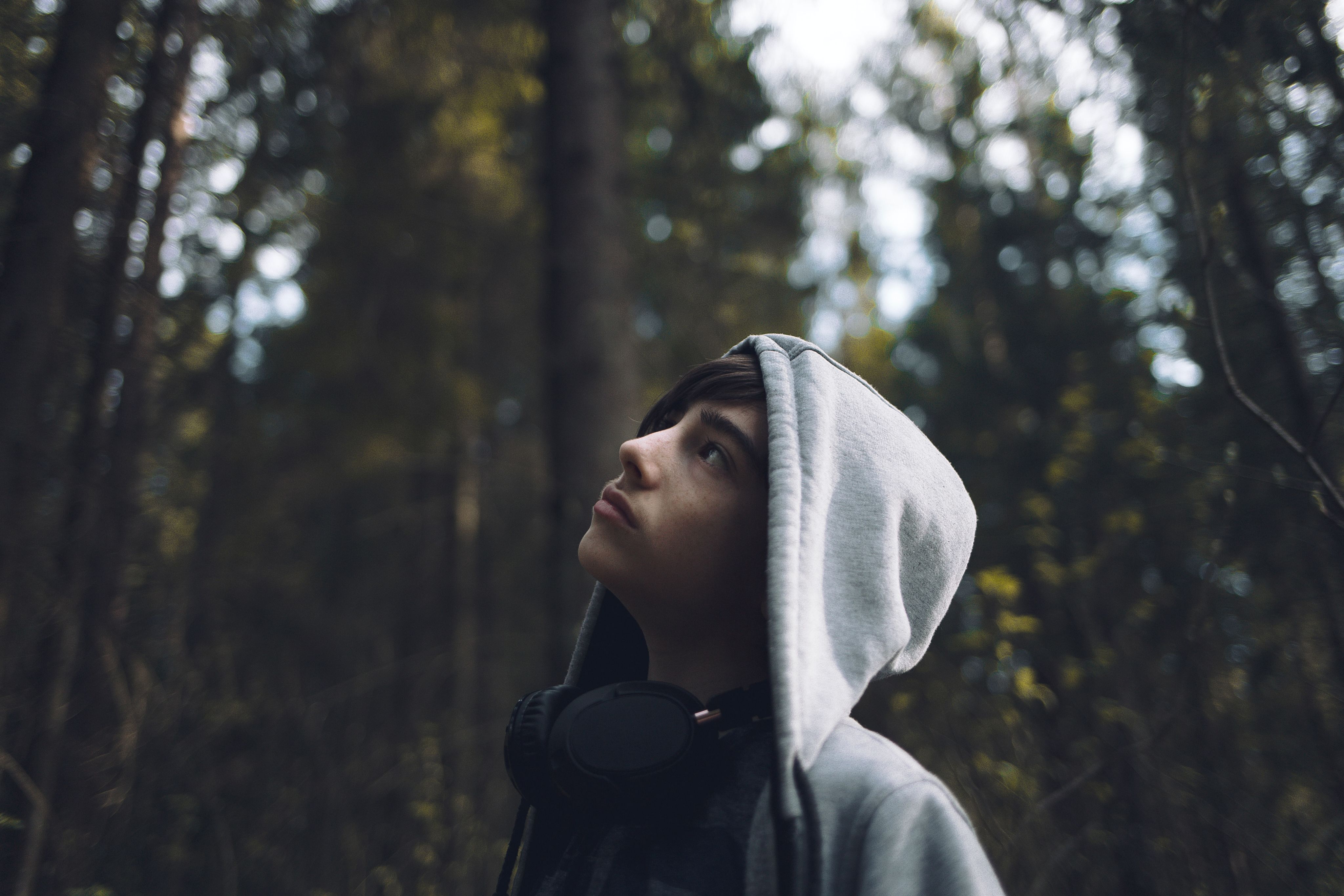
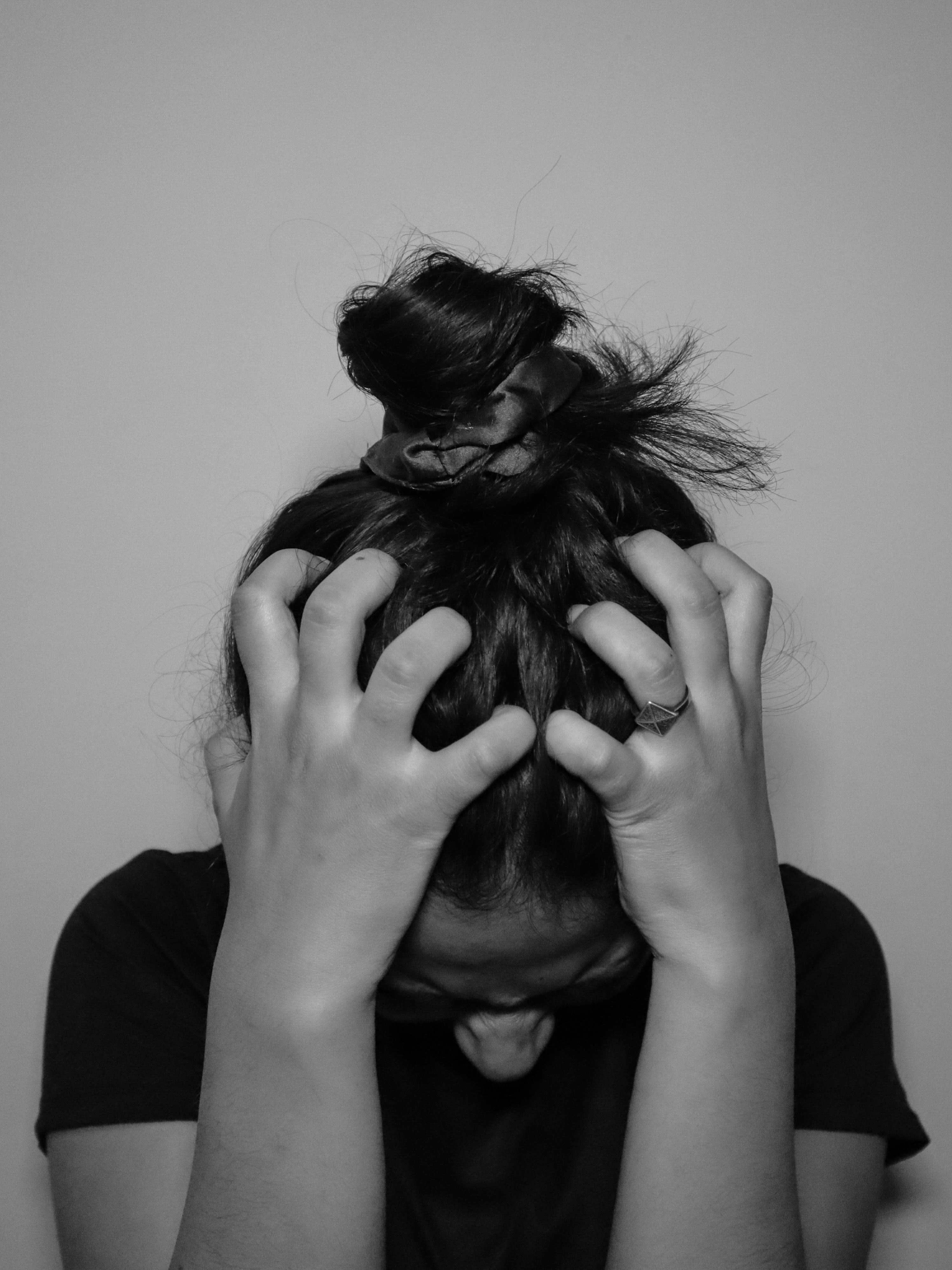
Photo by Simran Sood on Unsplash
Photo by Simran Sood on Unsplash
3. In your research or practice, have you known a child/teen to use INDICATORS to get attention or help? (Indicators referring to not changing their clothes for a week, acting out, shouting, cursing, hoping someone would ask them what was wrong or going on, etc.)
Ena Lucia Mariaca Pacheco said, "Indicators of abuse and exploitation are signs of the underlying trauma. These are the ways the body is showing us that there is a problem. Within my research, all 40 male survivor participants had shown indicators (emotional, psychological, physical, and behavior) of sexual abuse and/or exploitation as children. Indicators as children could entail having an intense fear of other males, the presence of dissociative disorder, constant throat infections, extreme aggression when the neck is touched, fear of flashing lights, excessive hygiene, or poor hygiene. These are just a few signs found within the sample of 40 male survivors. Additionally, many indicators go into adulthood, resulting in addictions, fears, relationship difficulties, dissociation, memory loss, chronic physical pain, and difficulties with emotion regulation.
We can spend our entire lives never addressing the root cause of the emotional, psychological, or physical pain; however, it will remain a reminder of those traumatic incidences until the individual decides to seek healing and support. Numerous of the male survivor participants continued to feel these indicators as adults – as some experienced chronic symptoms; however, I have seen incredible healing as well, even in the same person– emotionally or physically by those who had chosen to heal, work on their triggers, and learn what brought them joy again."
"Lots of children will test the waters, either by disclosing a lesser matter and seeing how the adult responds or by radical changes in their behavior, for example, quitting a team they love," shared Dr. Kelli Palfy.
Merle Yost said, "The most common symptom is a sudden change of personality and/or behavior. The child is in shock and trying to work it out independently. They don't have the knowledge or perspective to make sense of the experience.
Shame causes us to withdraw and hide. Shame is a negative self-belief about who you are. I am bad. I am evil. I am a pervert, etc.
If there is a sudden change in behavior or personality, it is essential that the parent gently investigate because something has happened, and the child is showing signs of PTSD.
If a child starts to act out sexually, such as performing sexual acts, being seductive, exposure, masturbating, etc., this is usually eroticized shame. They are trying to find a way to discharge the absorbed feelings. Age-appropriate masturbation is not to be confused with being sexually abused. I realize that most parents are not comfortable with their child being sexual until well into their 40s and it is a natural part of maturation.
Education is the best weapon that a parent must protect their child. Naive children, unaware of how their bodies develop and what sex is and is not, are set up to be victimized by people. Knowledge is their best defense against harm, allowing them to talk to you if something happens. All sex education should be age appropriate and continuous into at least their mid-teens."
I also wanted to hear from survivors, so I reached out to several and asked them the following questions.
1. As A child or during your abuse, did you ever want to tell someone?
Cheryl Hunter, best selling author, creator and coach for Magnify Your Message, stated, "I experienced two traumatic sexual abuse events, one while I was in high school and the other a couple of years later when I was kidnapped, beaten, and raped while on a trip to France. I realized that by not getting the proper help after the first time, the chances of experiencing another similar event increased exponentially. I desperately wanted to tell someone about each event, but for reasons of self-preservation, I decided to keep my silence.”
Craig Heiting, co-host of the MVBA web series, said, "When I was nine years old, and my abuse started, I didn't want to tell anyone. I was afraid that I would be punished by my abuser and ostracized by my family. However, I desperately wanted someone to help me."
Cathy Studer, award-winning author, mental health advocate, and CSA prevention advocate, shared, "As a child, I wanted to ask my mom if this is what she wanted my stepfather to do to me as that is what he told me. My shame was so big I could never sum up the courage to ask. Deep down, I was afraid he was right and that it would be too painful to hear."
Brent Cary, an all-star hockey player, shared, "My abuser was so good at what he did, I didn't realize I was groomed to be molested until the article that was written about us came out. [The abuser promised players that a beautiful woman would show them a good time if they had a paper bag over their heads and hands tied behind their backs.] I had always thought the woman was real and her story was real. I had heard the stories of him [the abuser] but never believed them. He was my father figure; why would he do that to someone he said he loved? Since I said no three times, in my mind, I was never abused. I have since learned that I was mentally abused, and what he did by grooming my mother was horrific. Had I known what he was trying to do, I am unsure if I would have told anyone."
Award-winning Hollywood director, writer, producer, mental health expert, and author of When the Rain Stops, John Callas, stated, "I was desperate to tell someone but always stopped in fear of being laughed at or being told 'get over it.'"
Nathan Earl, Principal at GiantSlayer LLC and a Master of Public Health Candidate at Yale University admitted, "I didn't know what was going on was normal or not, so I don't know if I knew to reach out and tell someone."
Psychology graduate student and Program Development & Graduate Research Fellow for She Has A Name, Stewart Kitchen, said, "Yes, in fact, I did tell an adult shortly after it happened, and that individual felt it was best to keep what happened quiet, rather than to report it. This may sound like this person didn't have my best interests at heart, but this wasn't necessarily true. They just made the best decision they could with their information and experience. I grew up in a small, rural community, and in the late 90s, social views on being a victim of sexual assault were not as evolved as they are today. The adult I told was obviously concerned about me because of what happened and cared but was even more concerned about my life going through high school with that kind of stigma attached to me. Looking back, I still went through high school with a stigma, but a stigma I attached to myself, which may have had worse consequences in the long run."
"In my situation, I suppressed all the horrific memories of being molested by my brother," stated Resilient Voices of Victim Advocate and author Gigi Kilroe. "I was four years old at the time… he was 17… Those memories did not surface until I was 54 years old. But I will say all through my life until it all came up… I did not want any contact from him… It was a feeling like he made my skin crawl. Interestingly, at one point, I heard my grandmother say to my aunt, 'I'm so worried about Gigi; she is so afraid of men.' I would definitely say that even though I blocked the memories, I was showing signs that something was terribly wrong."
Dr. Danielle Moore, a founding member of The Army of Survivors, shared, "I wanted someone to clarify what was happening. For me, the abuse was subtle at first, and he hid behind his title. We are taught to trust doctors and that they can see and touch parts of our body that others cannot. I wanted to ask if this was truly what a doctor was 'supposed to do.'"
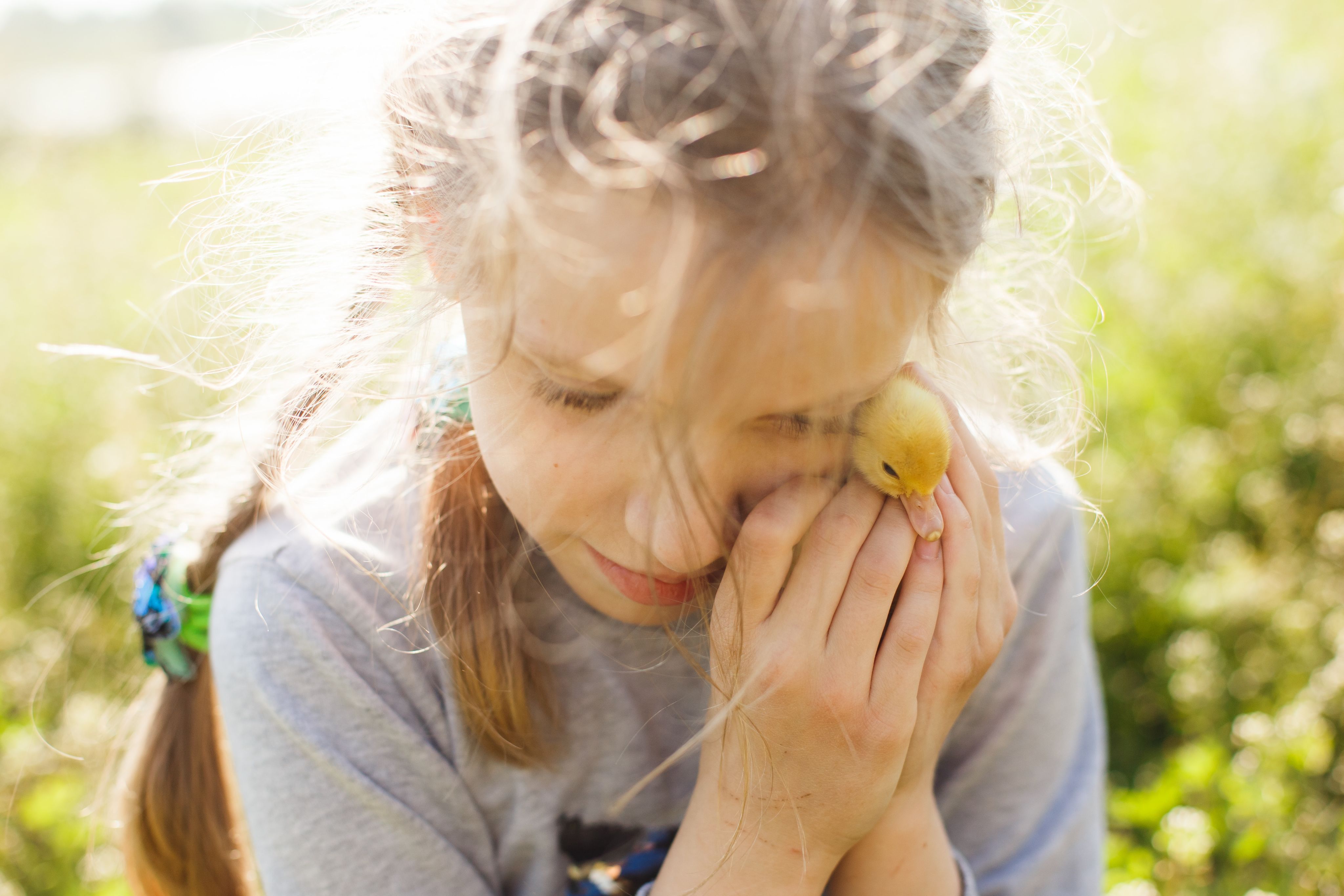
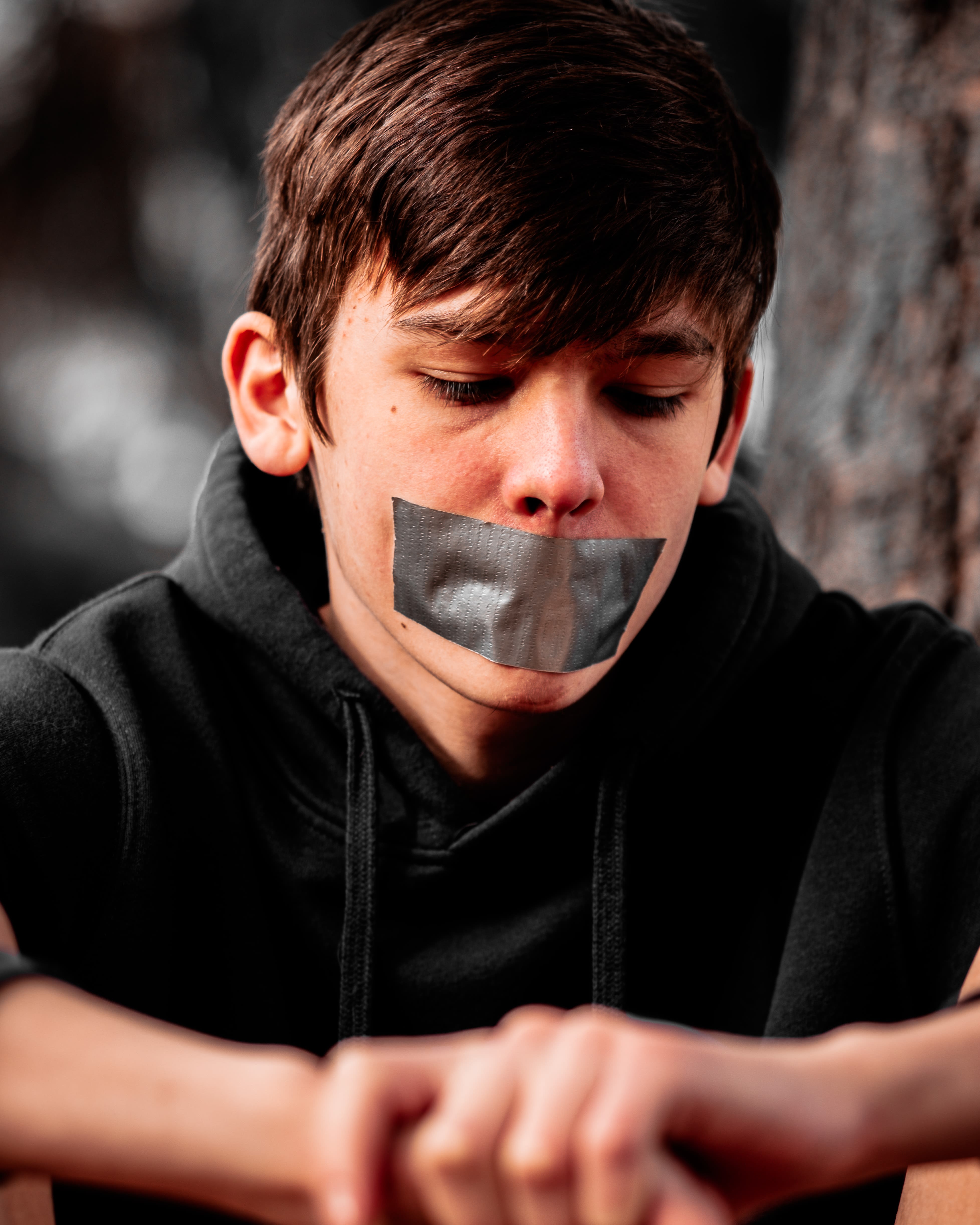
Photo by Jackson Simmer on Unsplash
Photo by Jackson Simmer on Unsplash
2. Were you able to tell someone you were abused or tried to tell someone?
Cheryl Hunter said, "I knew that the first event was the abuser’s fault, and I wanted so deeply to tell my mother. Unfortunately, my parents were in the midst of a divorce, and my mom was not only dealing with a health challenge, but she was also going back to college to finish her degree so she could help support us kids. I didn’t want to add one more weight to her shoulders, so once again, I kept my silence. After the second event, I believed it must be my fault—after all, I reasoned, who could have something that dramatic happen twice if they, themselves weren’t to blame. I started erecting walls between myself and other people, using humor to deflect any real connection."
"At age 12, a neighbor boy who also was an altar server with me was found naked with our priest by a nun. It was the talk of our parish," stated Craig Heiting. "I thought that would be a great time to tell my parents about my abuse in hopes they would put an end to it. While making my way to the kitchen, I overheard my parents saying that the boy must have done something to get Father to be with him that way. I immediately turned around, believing that my abuse was my fault, vowing to keep my silence for the rest of my life."
"I never told anyone about my abuse during those six years, not a single person," shared Cathy Studer. "I believe if someone would have told me I had body boundaries and the ability to say, 'No,' I would have. Or if someone had told me that if anyone touched me inappropriately, it was ok and important to tell someone, I would have. Every time I thought of telling someone, something happened that made me feel like I was bad and deserved it, so I stayed silent."
Brent Cary shared, "My biggest regret looking back on the whole thing, I was one of those people telling other players to go play for him. How great of a coach he was, a great motivator, could help you get to the next level. I was groomed so hard; I was one of his biggest cheerleaders. I wish I would have known what he was trying to do because I would not have said those things about him."
"I am not sure I was 'able' to tell because of fear," added John Callas. "Sometimes, it was clear in my mind, but the words weren't there when I wanted to speak about it. I had no tools to use. On the rare occasions I tried, my thoughts were so emotional that nothing I said made enough sense for someone to understand what I was going through."
Nathan Earl said, "I did tell people about the physical abuse, but they either ignored it or didn't believe me."
Gigi Kilroe said, "As a teenager, I experienced dating violence, and then was sexually assaulted at 18, and again in the workplace when I was 22. In those instances, I pushed all that down and did not start dealing with it until well into my 30s. What I didn't know at the time is that I was experiencing common behaviors."
"I had the ability to tell someone, but I saw teammates who talked to the coach and were immediately dismissed and shamed, which then reinforced that power/authority of a doctor," stated Dr. Danielle Moore. "Honestly, I don't think I would have been believed. My parents would have believed me, but I did not say anything to them since I continued to question the 'medical treatments,' I also felt a lot of shame, and at one point, my dad was in the room but blocked by Nassar's body...which was further confusing. I honestly think if I told my parents, their reports and abuse claims would have been dismissed, just like so many others."
3. Did you ever use indicators to get attention or help? (Indicators referring to not changing your clothes for a week, acting out, shouting, cursing, hoping someone would ask them what was wrong or going on, etc.)
"After the initial event, I quit all of the things I loved: I was a competitive equestrian, track runner, swimmer, and cheerleader, and I quit them all, said Cheryl Hunter. “No one asked why. Then I became bulimic and didn’t try hard to hide it. Before leaving cheerleading, we had an ice cream sundae buffet, and I ate 13 sundaes. When I got home, I purged. As awful as it was, it was preferable to the pain I was already feeling inside. Once during a purge, a boy I liked called my home on the landline, and someone in my family told them I could not come to the phone because I was barfing. I felt so humiliated I decided to stop immediately. No one ever asked me if I had a problem, and I never told anyone."
Craig Heiting shared, "I spent hours alone in our basement, just rocking in a rocking chair alone. Soon after the altar boy incident (when I was 12), I tried to hang myself, hoping someone would hear me and check on me. I fell to the ground moments later because of a poorly tied noose. No one heard me. No one came. I decided, at that moment, that no one could help me but me."
Cathy Studer replied, "I would spend hours playing Barbie dolls in my bedroom during those six years. If ANYONE had listened to me, they would have heard the same reoccurring theme. One doll was being abused, and another doll would come in and save her. This was my way of emulating hope. It was the hope of being rescued and that someone would hear and rescue me. I could act out with my dolls what I was not courageous enough to say aloud to anyone."
"I did not use any indicators to get attention," said Brent Cary. "I can tell you that after I found what he was trying to do, my anxiety increased and lasted longer. I started to drink more and am still drinking quite a bit. I am going on a 10-day no drinking to slow it down."
"My indicators included getting into a lot of trouble, talking back, being a smart ass, and failing in school. Did I get asked what was wrong? NO! I was told to stop acting stupid and get a grip. That I was being emotional and needed to pull myself together. I only wished someone would have asked," admitted John Callas.
Nathan Earl stated, "Indicators included acting out sexually, substance use, and withdrawing from sports and school."
"Anxiety, depression, and an eating disorder," Gigi Kilroe shared. "I also vacillated between being frigid and not allowing anyone near me to being promiscuous. Again, thank God for my therapist. I wish I had started to deal with it sooner, but on some level, I must not have been ready. The reality of the incest with my half-brother was the worst thing I have experienced. I still deal with the feelings of anger and betrayal."
Dr. Danielle Moore shared, "I sought solitude with friends who could distract me from the pain. However, that was normal teenage behavior. To prevent access, I would wear spandex shorts and a leotard under my regular shorts."
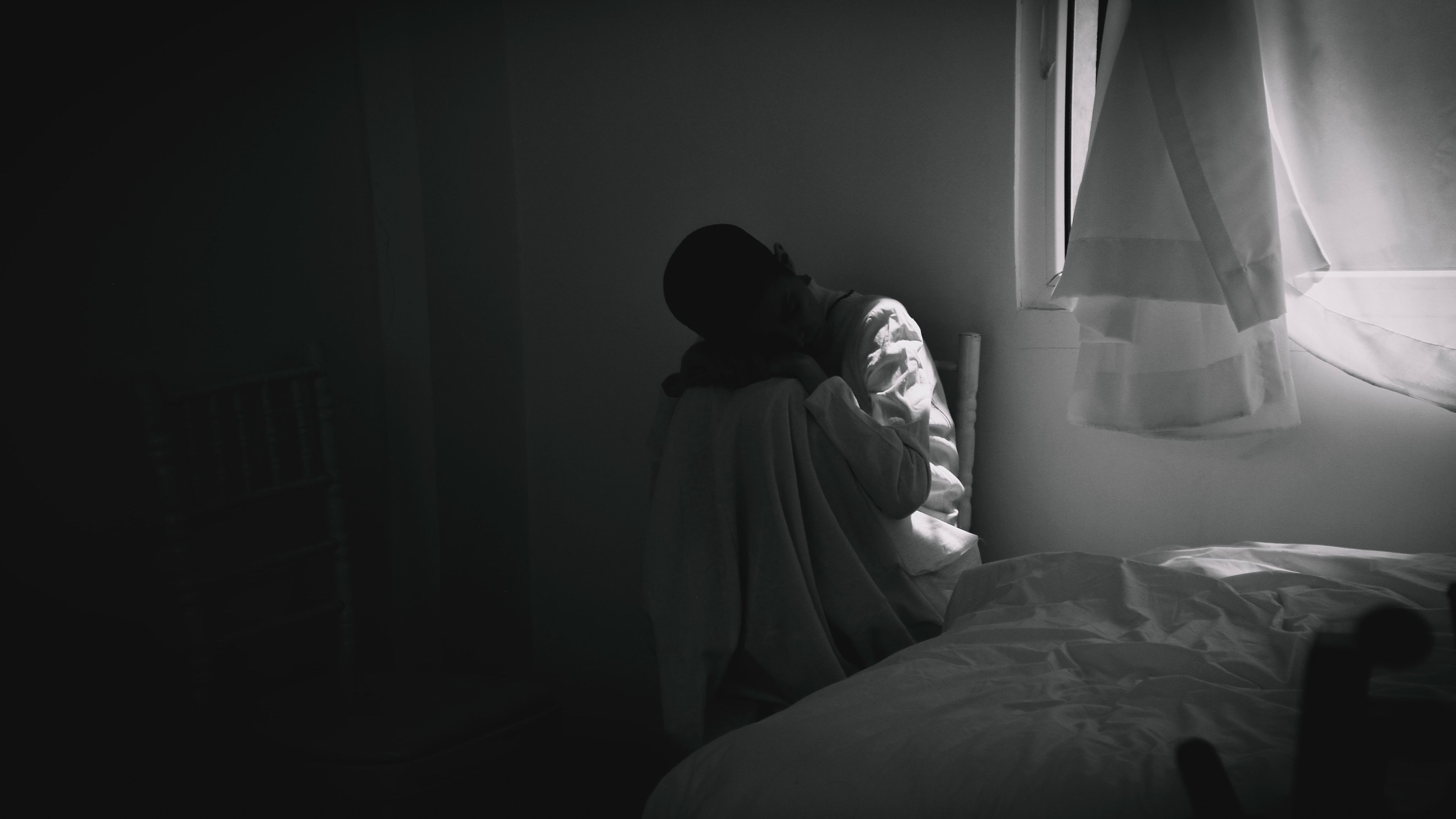
Survivors’ stories are unique, and the impact is different. One thing that seems to be clear is survivors’ desire to tell someone and to be believed. So many times, we silence ourselves due to extenuating circumstances.
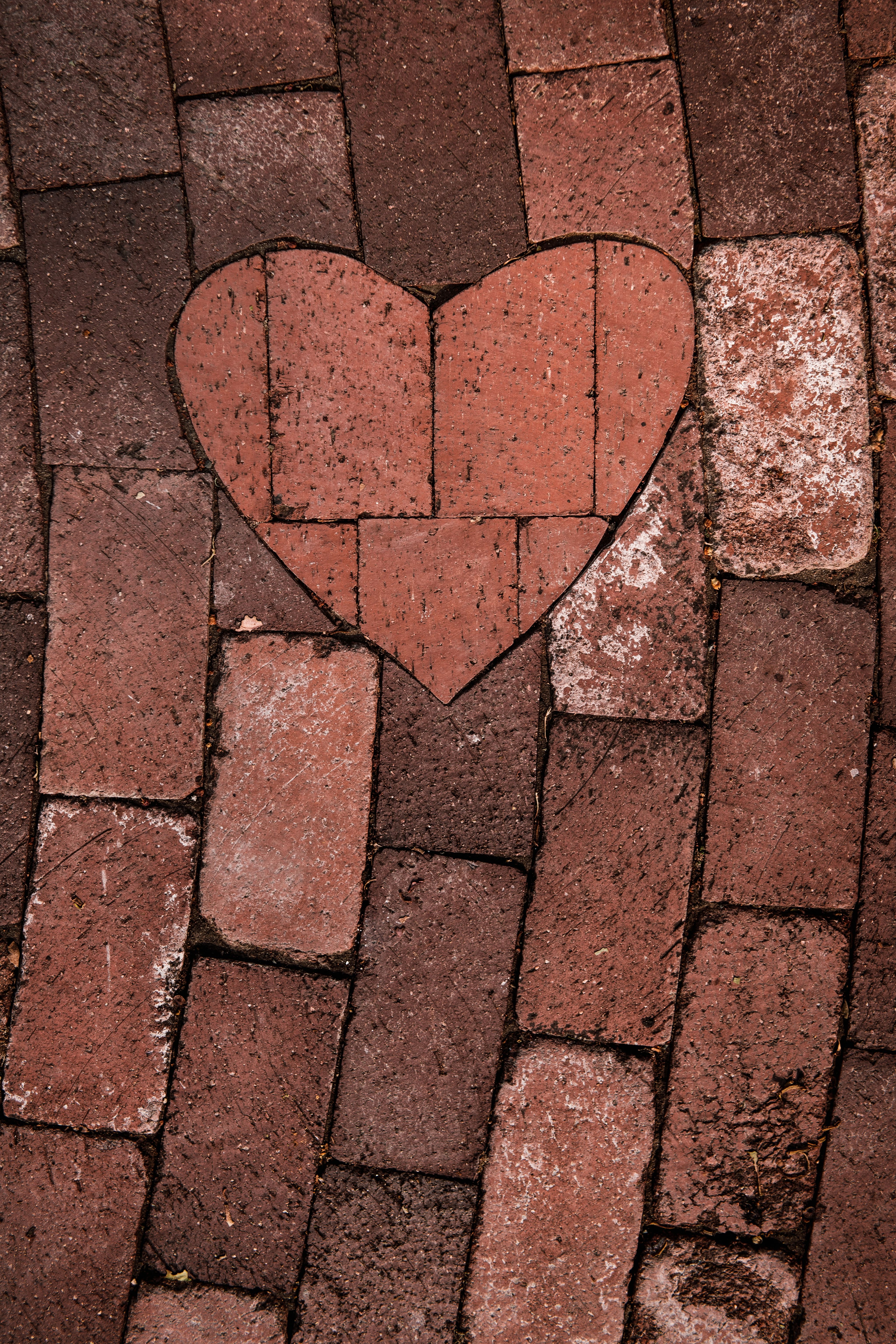
Photo by Tim Mossholder on Unsplash
Photo by Tim Mossholder on Unsplash
7 things to do if someone tells you they have been sexually abused, especially a child:
1. Provide a private and safe space to talk.
2. Show that you believe the survivor.
3. Be clear and supportive in your responses and ensure the survivor will not be blamed.
4. Be patient and give them the time to find their words. Don't rush to fill moments of silence; allow them the time to find their way of telling you. Offer them pen and paper if they prefer to write things down or draw images. Ask open-ended questions to initiate conversation and avoid questions that could be answered with 'yes' or 'no.'
5. Explain the actions you intend to take and let them know that what has happened to them is not okay and not their fault. Explain the importance of reporting. Discuss the available resources.
6. Support the survivor; this should be survivor-led. Help the survivor to make a support plan by talking with them to identify what strengths and support they have in place, what they would like you to do to best support them and discuss other avenues of support.
7. Find support for yourself. Sexual abuse affects not only the survivor but also those close to them. Make sure you know the resources in your area.
Resources
Darkness to Light: Child Sexual Abuse | Sexual Abuse Prevention | Darkness to Light - Darkness to Light (d2l.org)
RAINN: Children and Teens: Statistics | RAINN
The Children’s Assessment Center: Child Sexual Abuse Facts & Resources – Children's Assessment Center (cachouston.org)
Ena Lucia Mariaca Pacheco, The Needs and Stories of Male Survivors, Ena Lucia Mariaca Pacheco | Instagram | Linktree
Dr. Kelli Palfy, Home | Dr. Kelli Palfy
Men Too: Unspoken Truths About Male Sexual Abuse: Men Too: Unspoken Truths About Male Sexual Abuse: Palfy, Dr Kelli: 9781999292515: Amazon.com: Books
The Creating Personal Safety Series for Children: Pawsitively Me: My Healing Journey (Creating Personal Safety Series): Palfy, Dr. Kelli, Polzin, Dr. Wanda: 9781999292539: Amazon.com: Books
Merle Yost, Merle Yost, LMFT
Facing The Truth of Your Life: Facing the Truth of Your Life: Yost LMFT, Merle James: 9780999154700: Amazon.com: Books
Cheryl Hunter, Home - Cheryl Hunter
USE IT: Turn Setbacks into Success: USE IT: Turn Setbacks into Success: Hunter, Cheryl: 9780985832407: Amazon.com: Books
Magnify Your Message: magnifyyourmessage - Cheryl Hunter
Craig Heiting, Voices Beyond Assault, Voices Beyond Assault
Cathy Studer, Home - Cathy Studer
Broken to Beautifully Whole: Broken to Beautifully Whole: A Compelling Crusade to Break the Silence, Move Through the Trauma, and Heal the Pain.: Studer, Cathy: 9781640856387: Amazon.com: Books
Brent Cary, Survivors for Change, Survivors for Change
Stewart Kitchen, She Had A Name, She Has A Name
John Callas, John Callas
When The Rain Stops: When The Rain Stops: Callas, John, Lewis, David: 9781736712740: Amazon.com: Books
Nathan Earl, (1) Nathan Earl | LinkedIn, Nathan Earl - Association of Children's Residential & Community Services (ACRC) (togetherthevoice.org)
Gigi Kilroe, From Within | (gigikilroe.com)
From Within: My Path of Hope and Healing from Sexual Abuse: From Within: My Path of Hope and Healing from Sexual Abuse: Kilroe, Gigi, Daub, Veronica: 9780999211144: Amazon.com: Books
Dr. Danielle Moore, https://www.linkedin.com/in/danielle-moore-72874771/ The Army of Survivors, Home | The Army of Survivors

About the Author:
John-Michael Lander is a Survivor, Advocate & Public Speaker
He is also the founder of An Athlete's Silence: www.anathletessilence.com
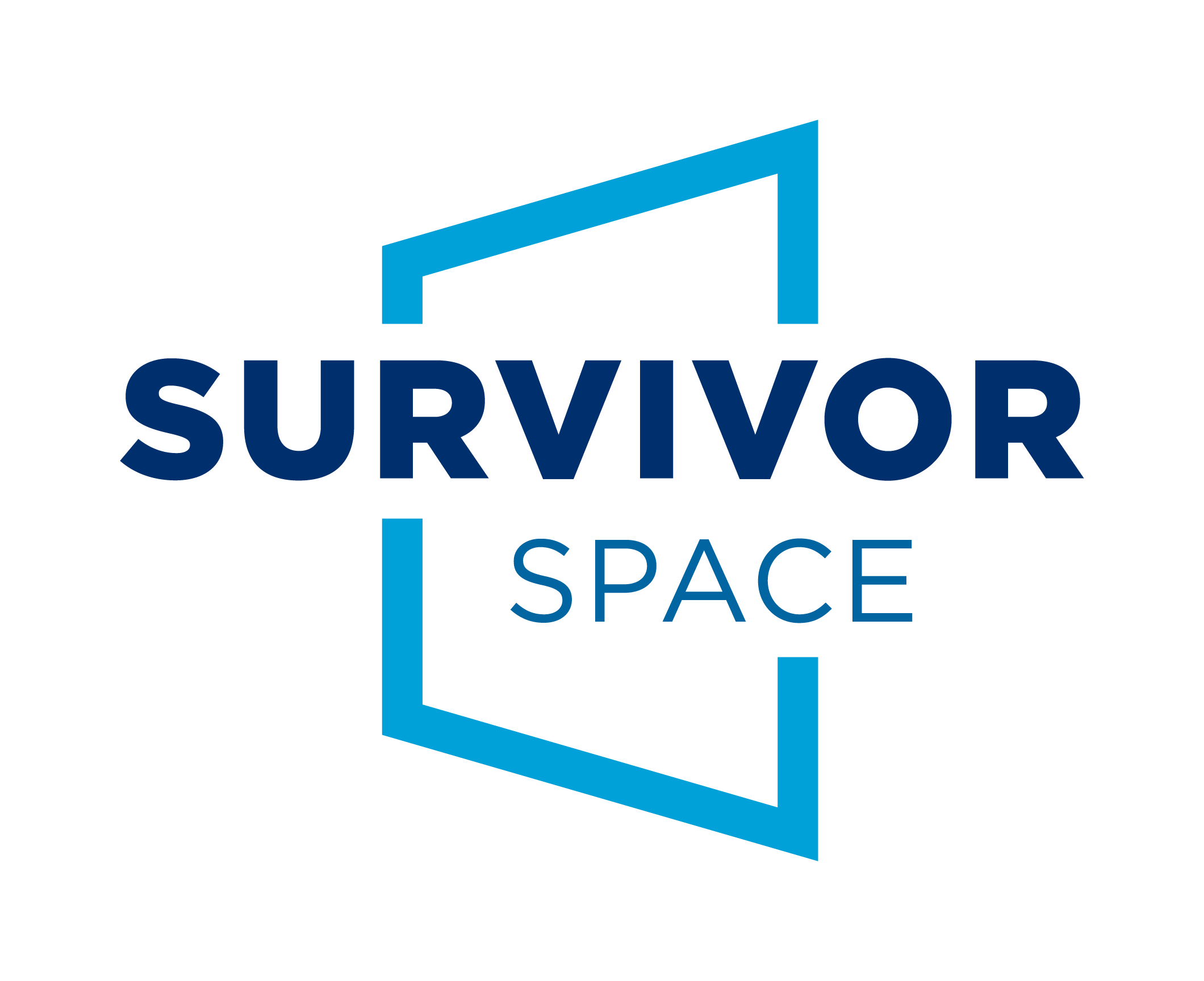
Published by SurvivorSpace, an initiative of Zero Abuse Project
